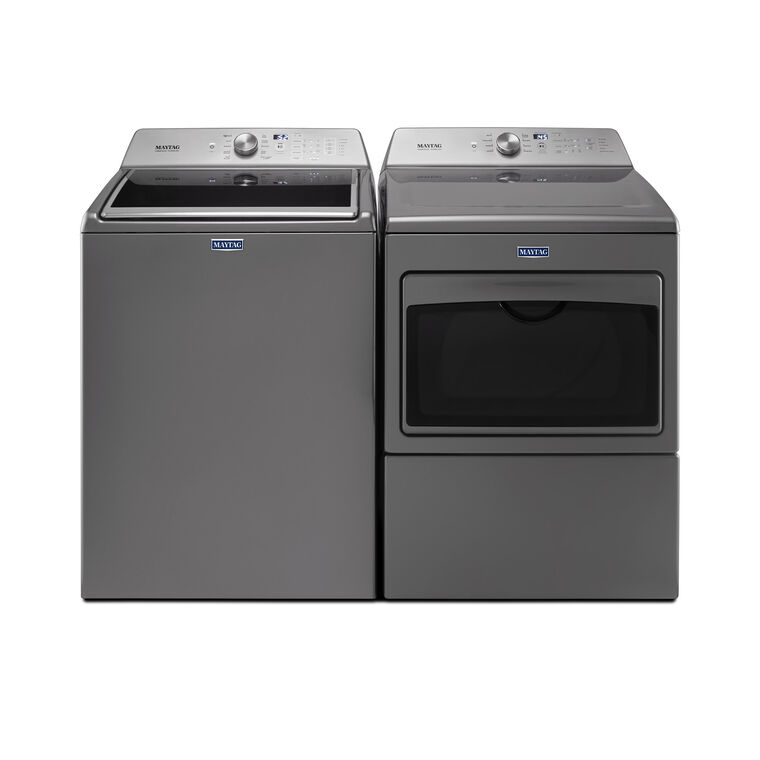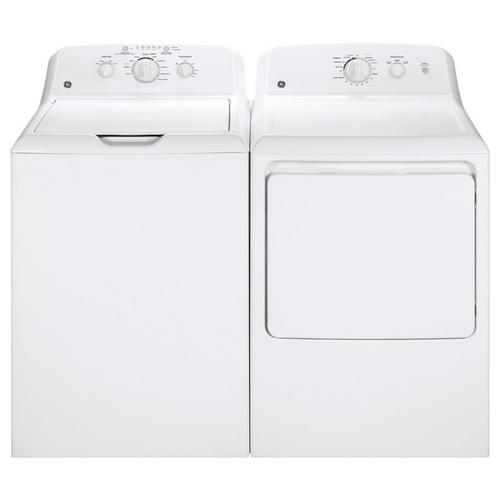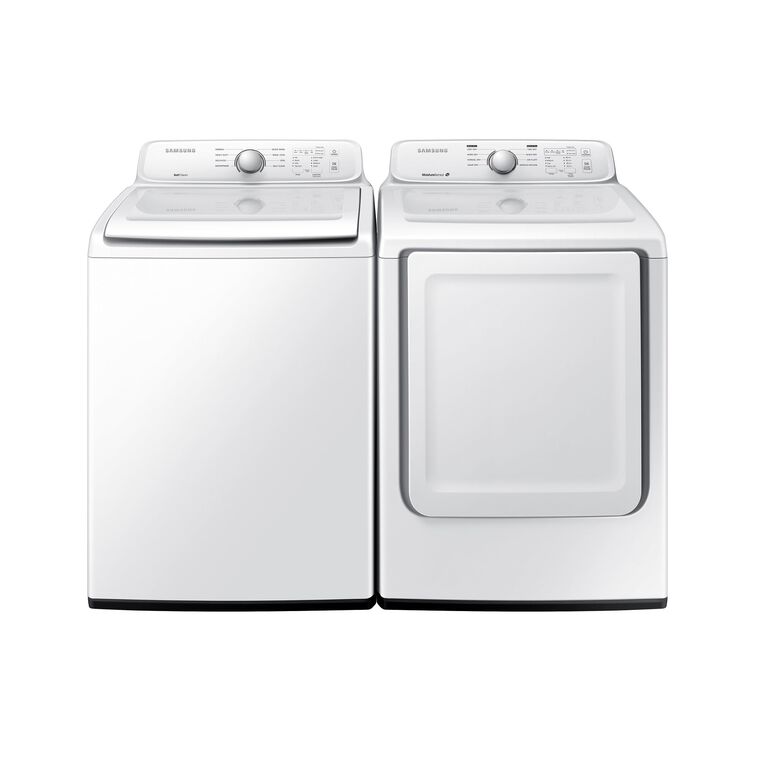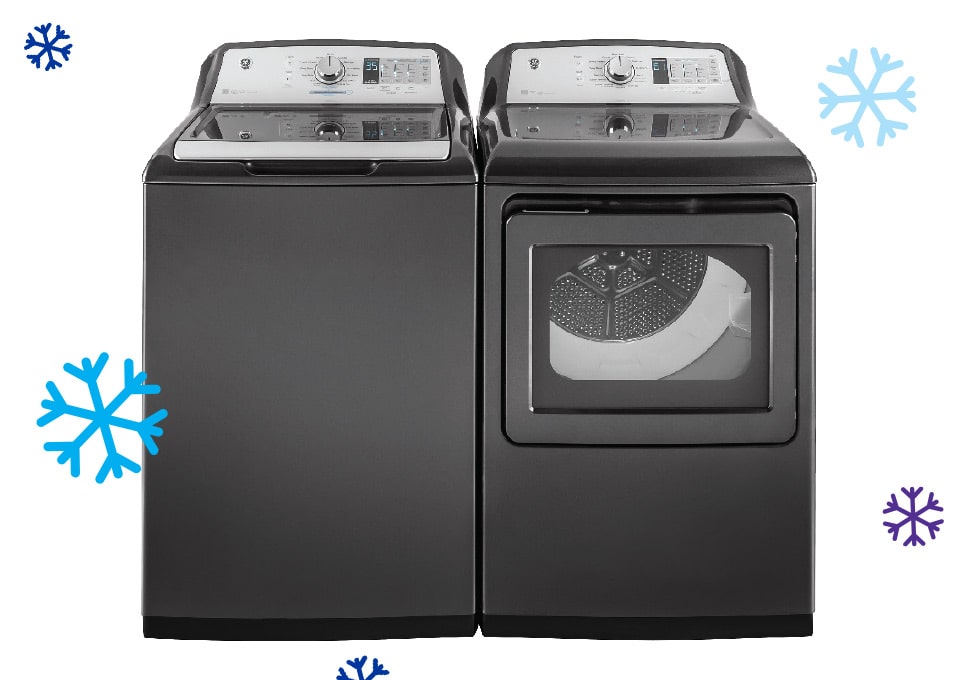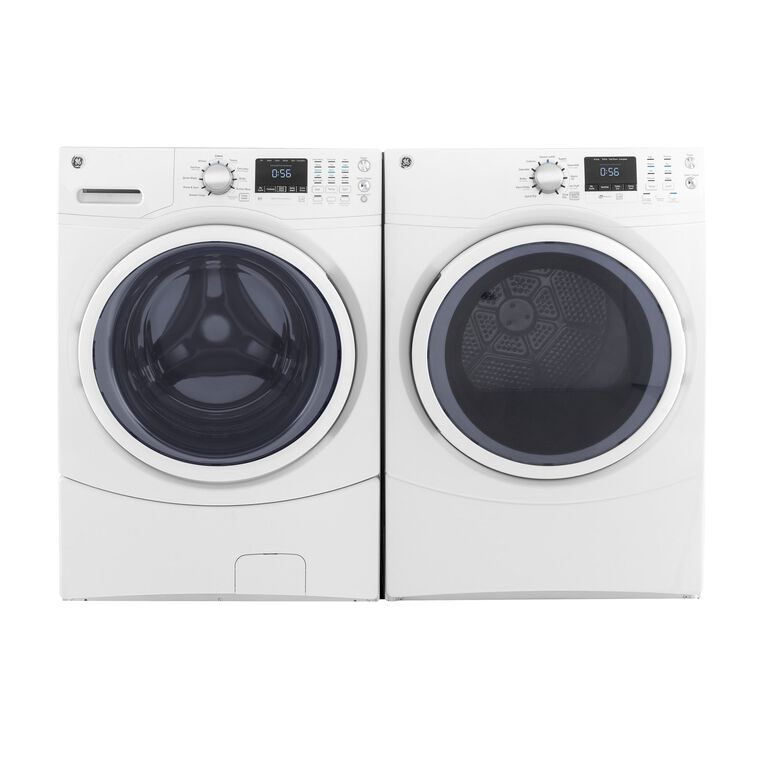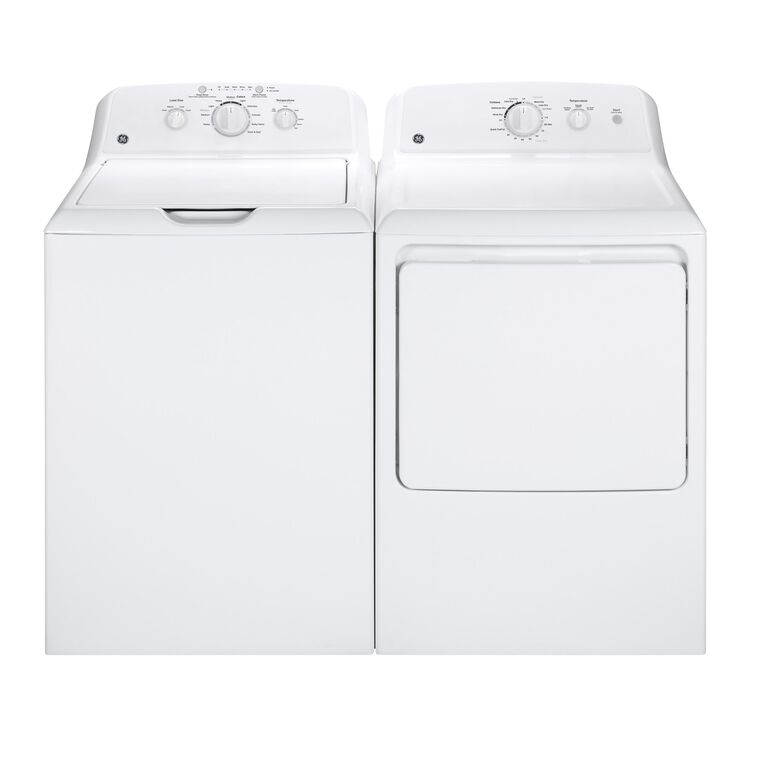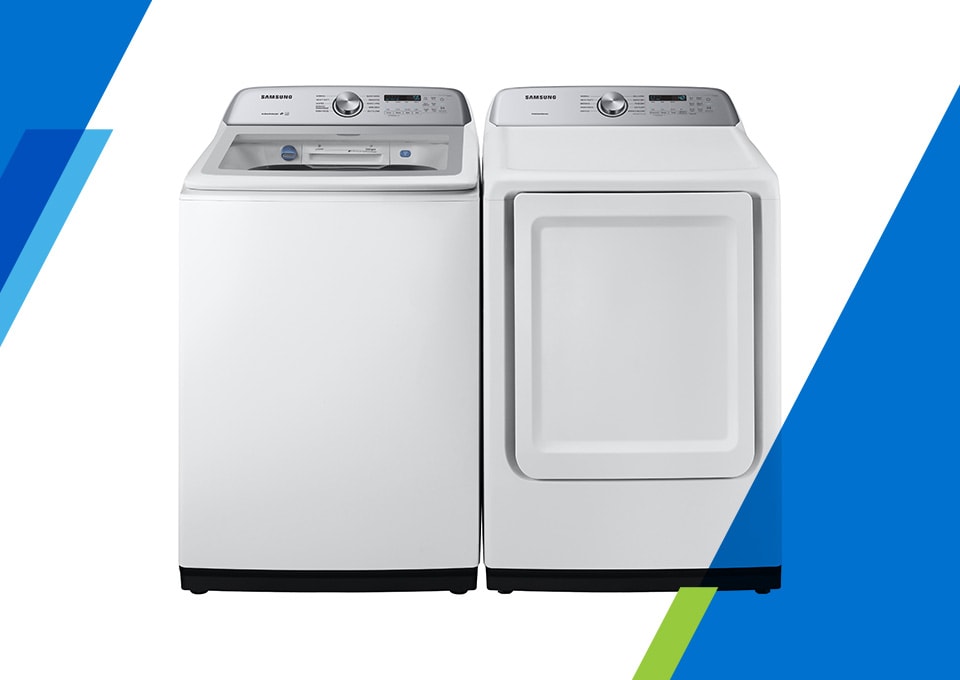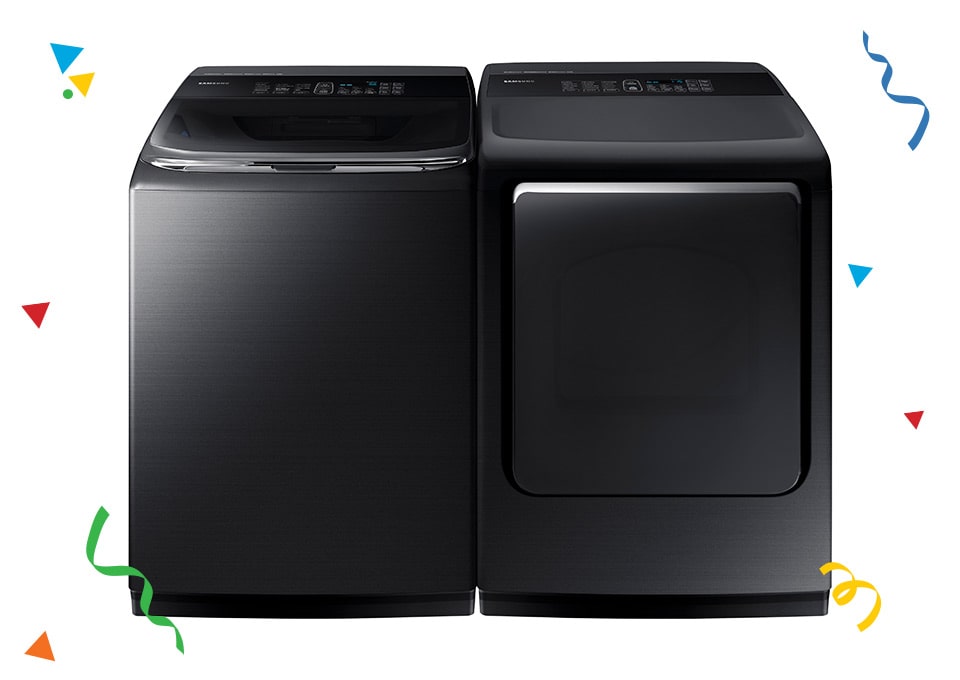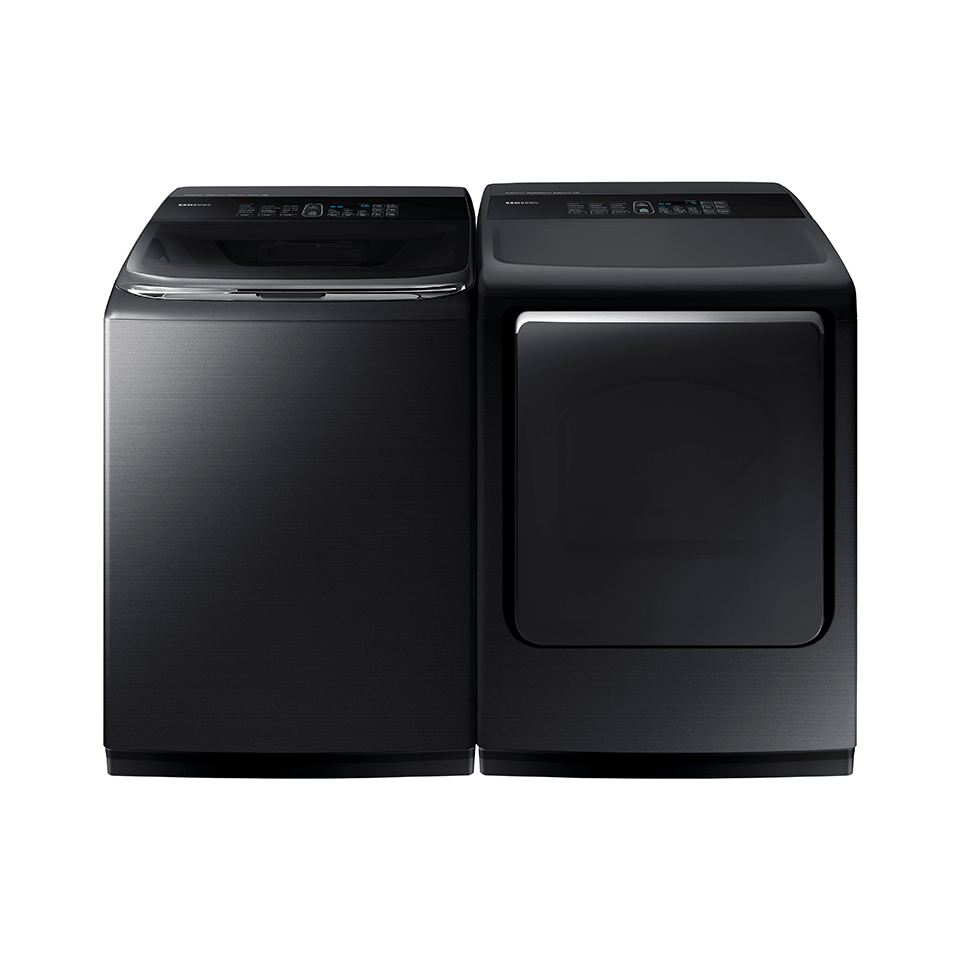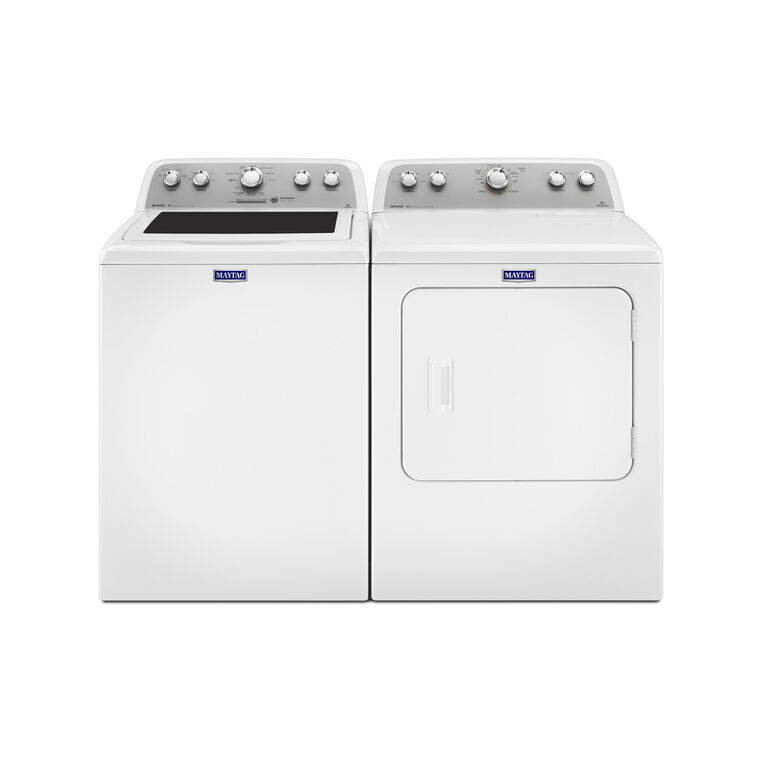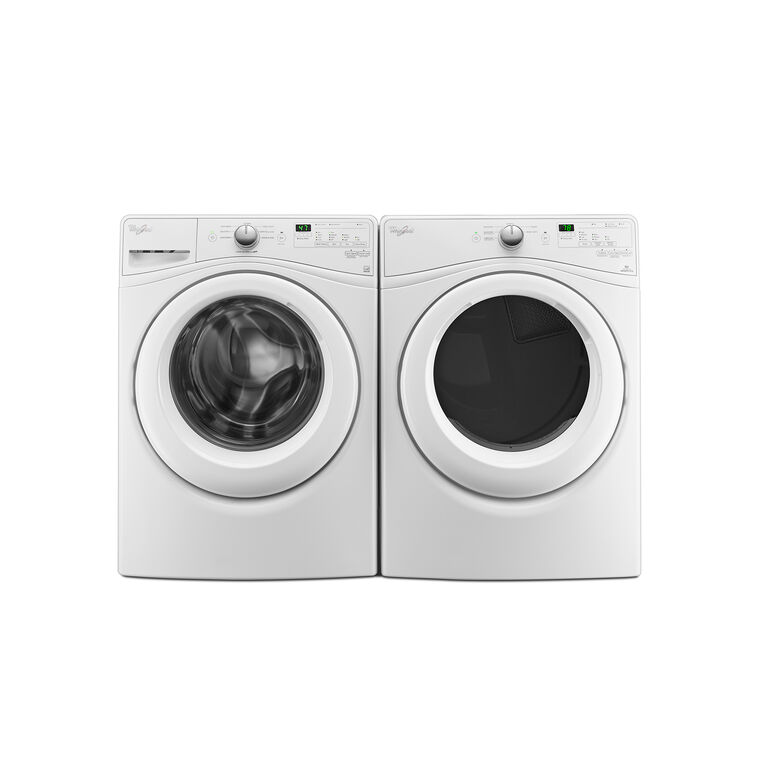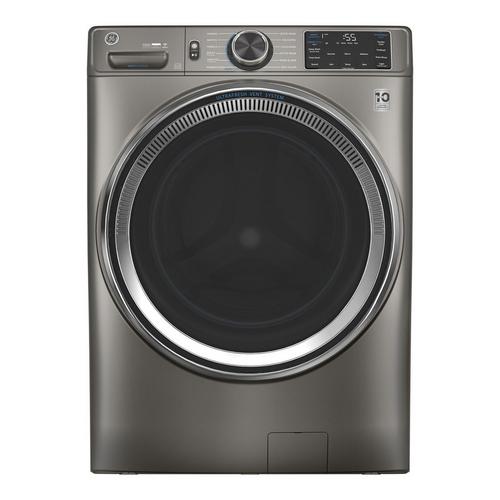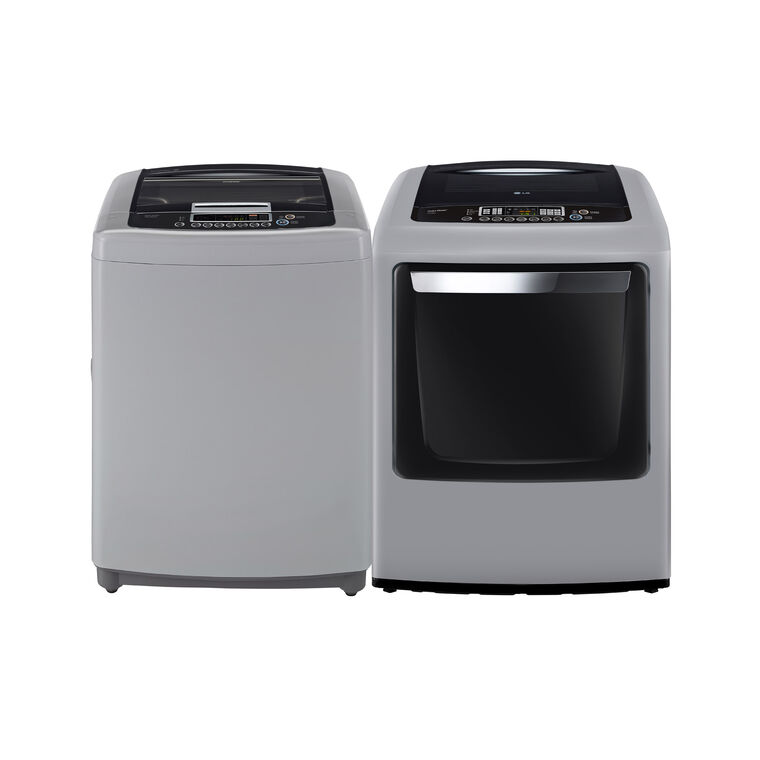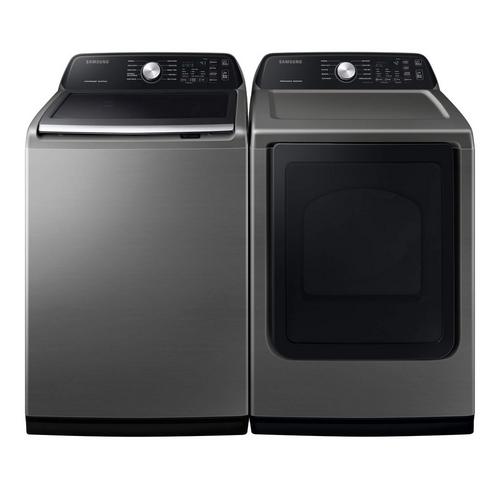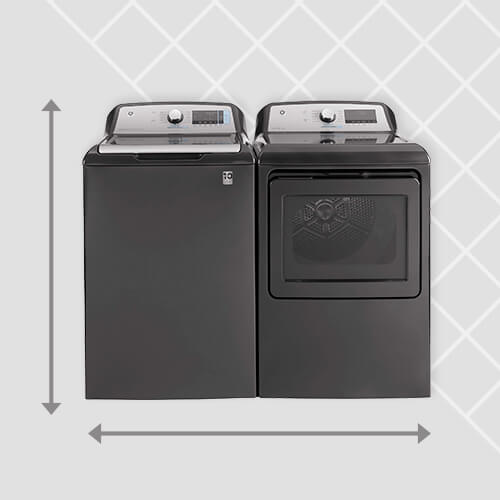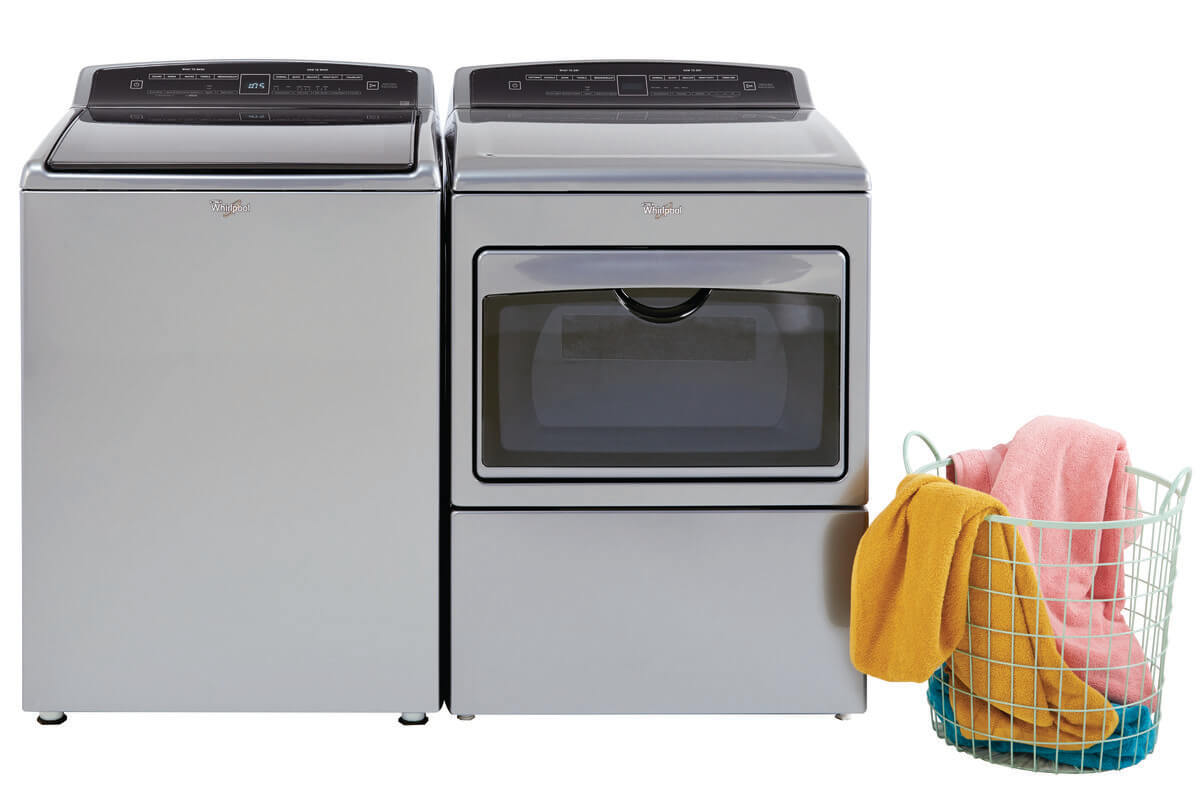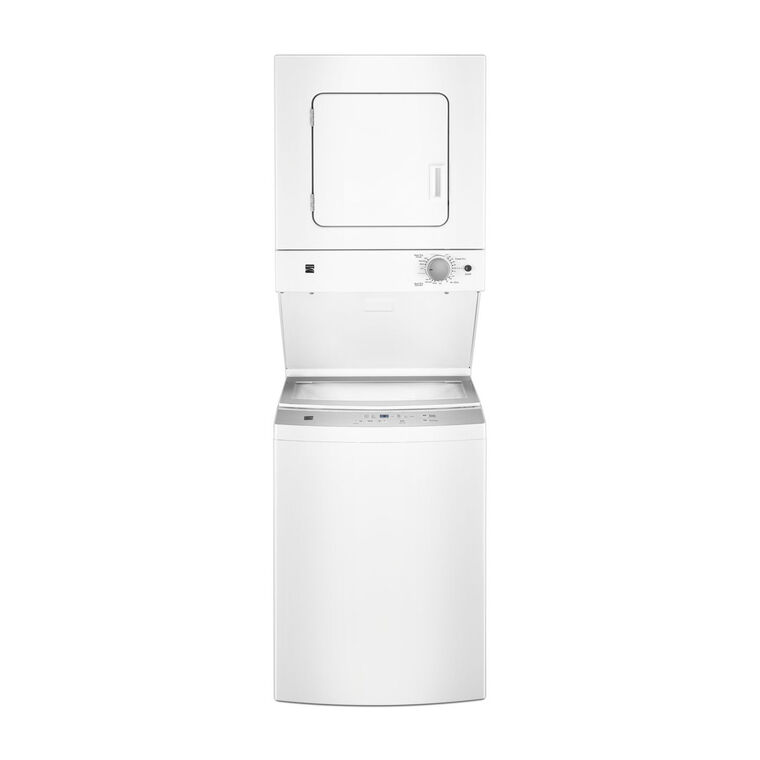Aarons Rent A Center Washer And Dryer
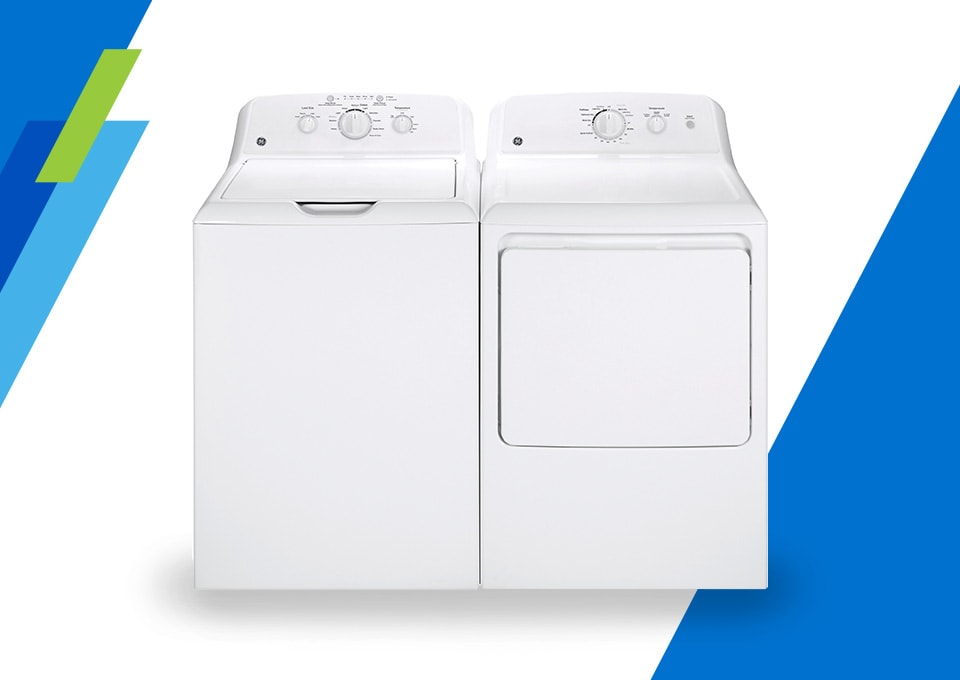
The affordability of essential appliances like washers and dryers has become a critical point of discussion, particularly for low-income households. Aaron's Rent A Center, a major player in the rent-to-own industry, finds itself at the center of this debate, facing scrutiny over its pricing models and accessibility.
This article delves into the complexities of Aaron's Rent A Center's washer and dryer rental programs. It will examine the benefits they offer to customers with limited credit, as well as the potential drawbacks associated with long-term rental agreements. The article will also address criticisms of the company's pricing and explore alternative options available to consumers seeking affordable laundry solutions.
The Appeal of Rent-to-Own Laundry Solutions
For individuals and families struggling to obtain traditional credit, rent-to-own services provide a seemingly viable pathway to acquiring necessary household appliances. Aaron's offers washers and dryers without requiring credit checks, allowing immediate access for those who might otherwise be denied. This can be a lifeline for families who cannot afford the upfront cost of purchasing new machines.
The convenience of rent-to-own extends beyond accessibility. Many agreements include maintenance and repair services, shielding renters from unexpected expenses associated with breakdowns. This all-inclusive package can be particularly appealing for renters on a tight budget who lack the means to cover repair costs.
The Cost of Convenience: Examining Pricing and Ownership
While the ease of access and included maintenance are attractive features, the overall cost of rent-to-own agreements often raises concerns. Critics argue that the total amount paid over the rental period significantly exceeds the retail price of the appliance.
Independent financial analysts, such as those at the Consumer Federation of America, have highlighted the high interest rates embedded in rent-to-own contracts. These rates, while not explicitly labeled as interest, contribute to a substantially higher cost compared to purchasing the appliance outright, even with a credit card at a high APR.
A Breakdown of Typical Costs
To illustrate this point, consider a washer and dryer set with a retail price of $1,000. With Aaron's, a customer might pay $25 per week for 78 weeks, totaling $1,950. This means the total cost is nearly double the original retail price.
This example reflects a common trend within the rent-to-own industry. While the weekly payments may seem manageable, the accumulated cost over time can trap individuals in a cycle of debt, especially if they miss payments and incur additional fees.
Aaron's Response and Defense
Aaron's Rent A Center defends its business model by emphasizing the value it provides to a specific segment of the population. The company maintains that its services cater to individuals who lack credit and cannot access traditional financing options. It also highlights the inherent risks associated with renting to this demographic, including potential defaults and damages to the appliances.
In a statement, an Aaron's spokesperson emphasized, "We provide a valuable service to customers who need access to essential appliances but may not qualify for traditional financing. Our pricing reflects the cost of providing this service, including maintenance, repairs, and the risk of non-payment."
Alternative Options and Resources for Affordable Laundry
Consumers exploring options beyond rent-to-own should investigate alternative resources that offer more affordable solutions. Local charities and non-profit organizations often provide assistance with essential household items. These organizations may offer grants, subsidies, or donated appliances to families in need.
Furthermore, exploring options such as purchasing used appliances from reputable sources or considering financing options with lower interest rates can prove beneficial. Government assistance programs may also provide vouchers or subsidies specifically for acquiring essential appliances.
The Future of Affordable Appliance Access
The debate surrounding Aaron's Rent A Center and the rent-to-own industry underscores the ongoing challenge of providing affordable access to essential appliances for low-income communities. Moving forward, a multi-faceted approach is necessary. This includes increased financial literacy initiatives, stronger consumer protection regulations, and greater collaboration between non-profit organizations and private sector businesses to create sustainable and equitable solutions.
Ultimately, the goal is to empower consumers with the knowledge and resources they need to make informed decisions regarding appliance acquisition. This will allow them to avoid potentially predatory lending practices and achieve long-term financial stability.
"A society is ultimately judged by how it treats its most vulnerable members."
